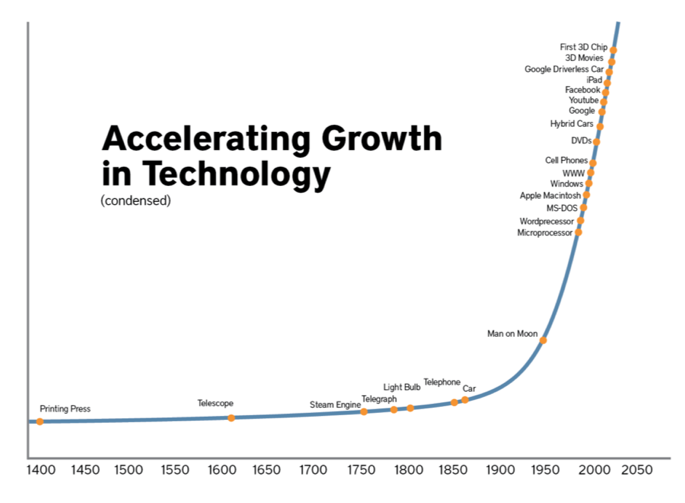The average person spends 6 hours and 42 minutes online every day. That’s just the average, and in countries like Brazil the number is over 10 hours. For online entrepreneurs, the number is likely much higher.
And what does being online really mean? Being online means being connected to the world’s largest network of information. And this network, the Internet, is undoubtedly a core part of most of our lives, even if we don’t notice it. The average American checks their phones around 80 times per day.
And I’m not saying it’s a bad thing. The Internet, and technology in general, is an extension of our intelligence and mental capacity. A lengthy Vice article discusses how tools like smartphones are evermore becoming not just extensions of ourselves, but part of ourselves.
Regardless of where you stand on the legal debate of should smartphones be considered legally one with the owner, we are so deeply intertwined with technology that it goes unnoticed.
- What do you do you if you have a question? You Google it.
- What do you do if you’re lonely? Open Facebook.
- What do you do if you want to check the time? Look at your phone.
- What do you do if you want validation? Open Tinder.
Using technology has become a basic human response to various emotions, as capturing these emotions is the entire point of marketing, and applications are designed to trigger your emotions.
And we are always seeking more. We want faster connections, slimmer phones, longer battery life, and flashier entertainment. This insatiable desire for more brought us the exponential evolution of technology. AI relies mainly on two things: data and computing power, both of which are growing exponentially.

With the advent of quantum computing and cluster-explosions of data through faster connections (5G), more devices (IoT), and new forms of experiences (VR and AR), the acceleration of AI will come quickly and powerfully. Topics like these will be discussed at the next World Data Science Forum, an event centered around the values of open knowledge sharing and data science for good.
Ultimately, we are already deeply connected to technology, and the exponential growth of new technologies like AI will follow the same trends as with smartphones: we will want more connection, more information, and more engagement.


